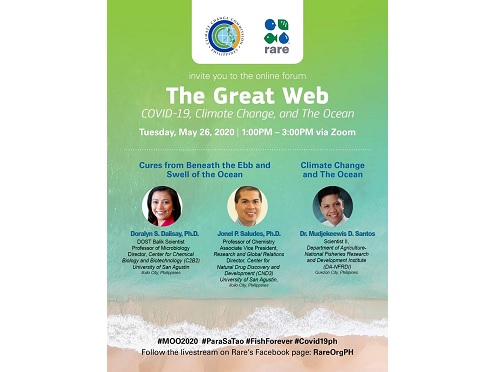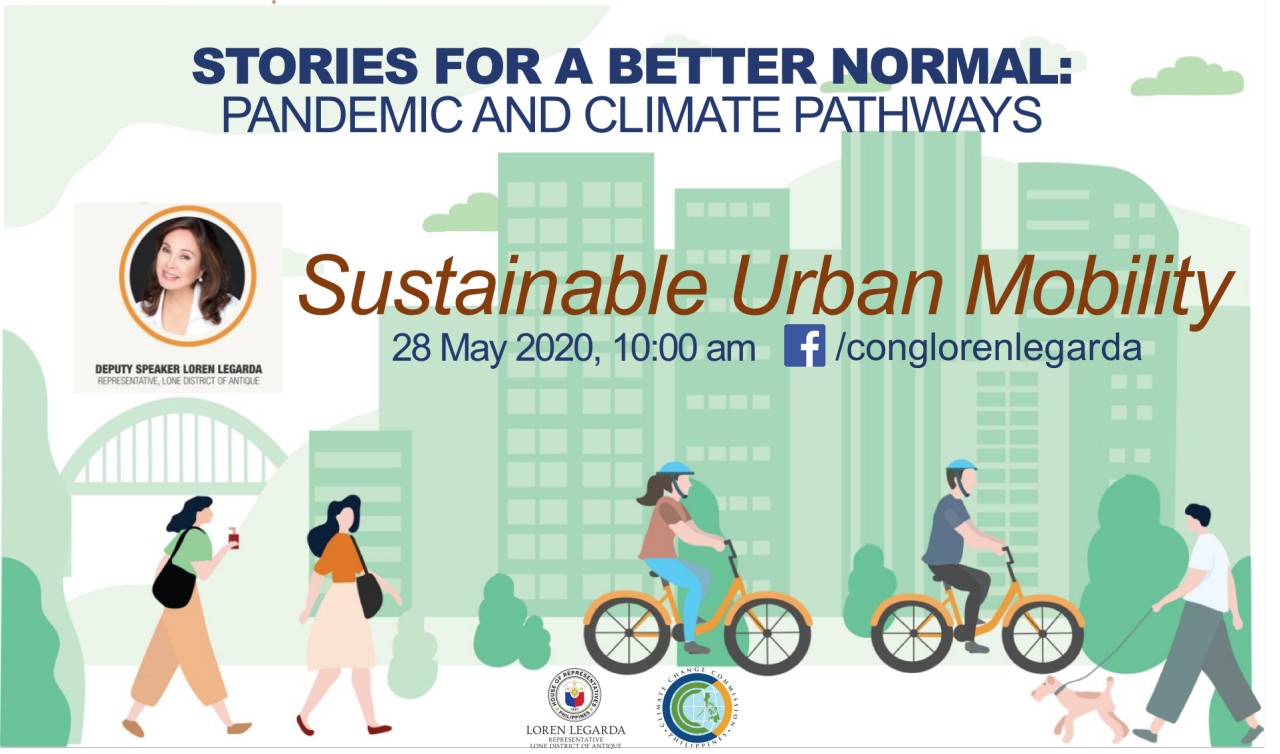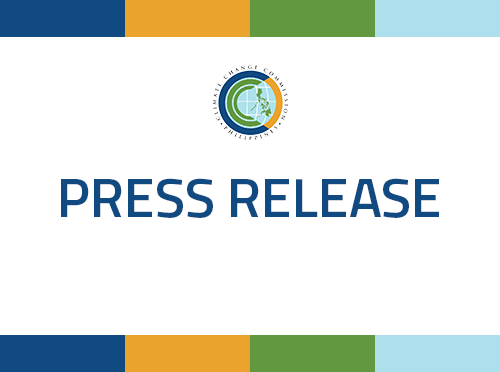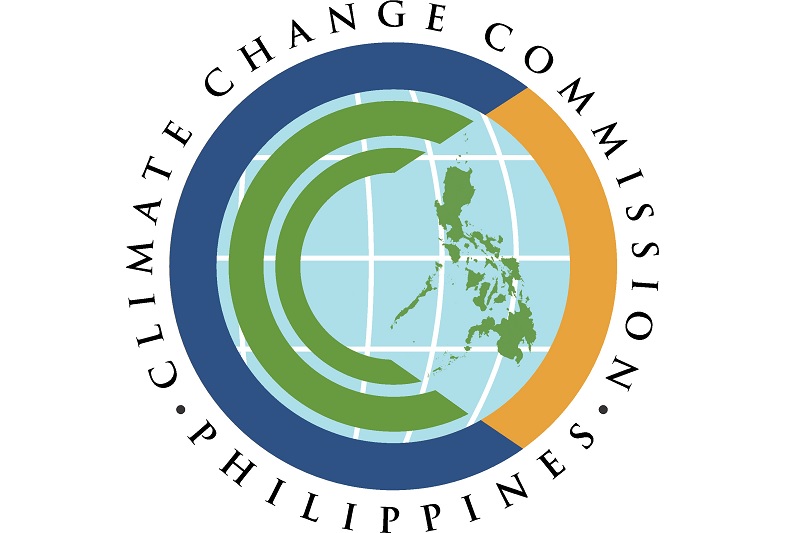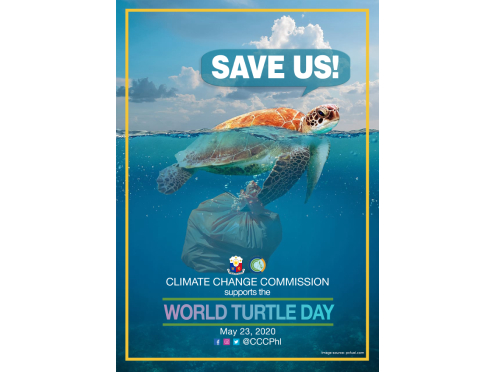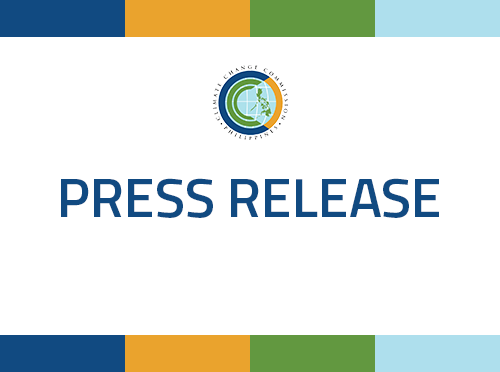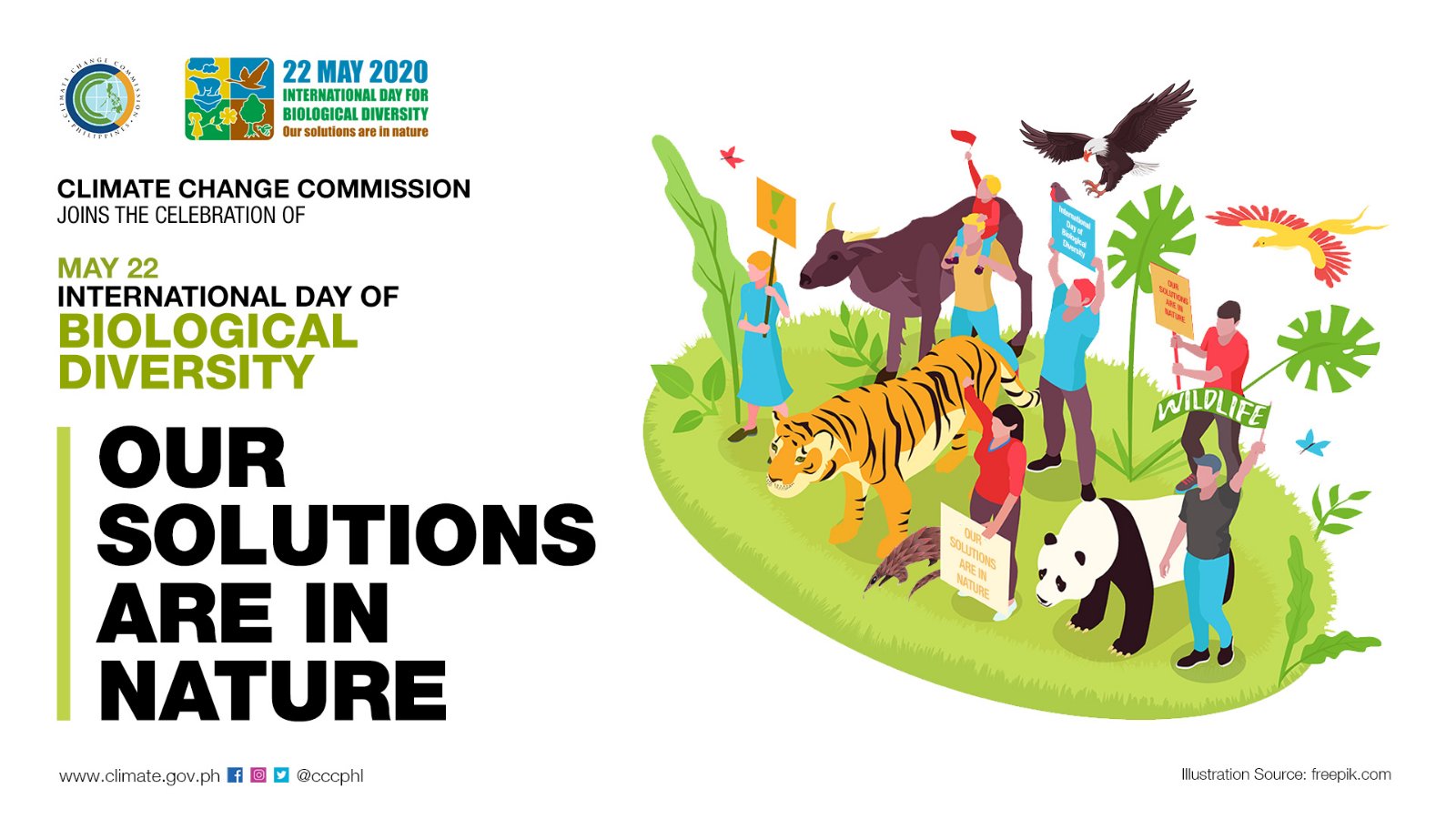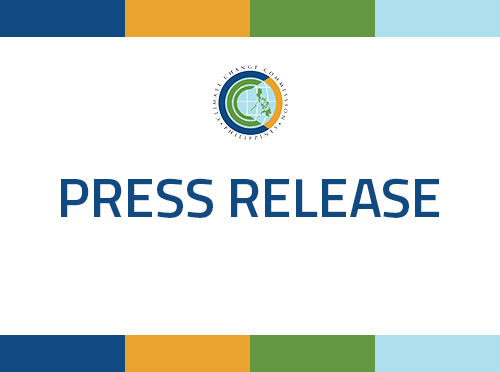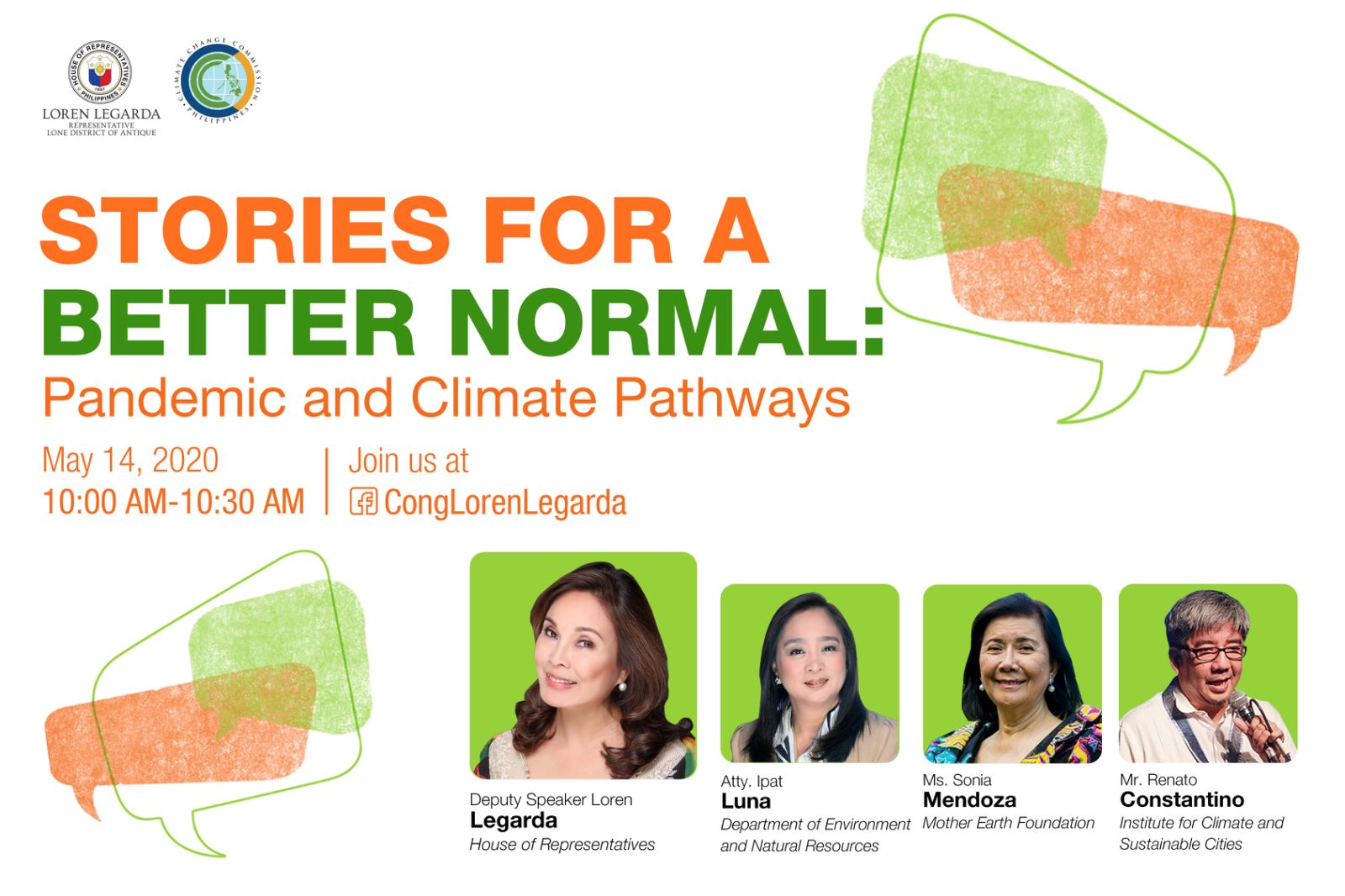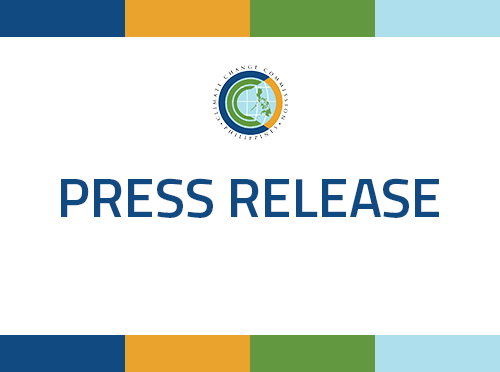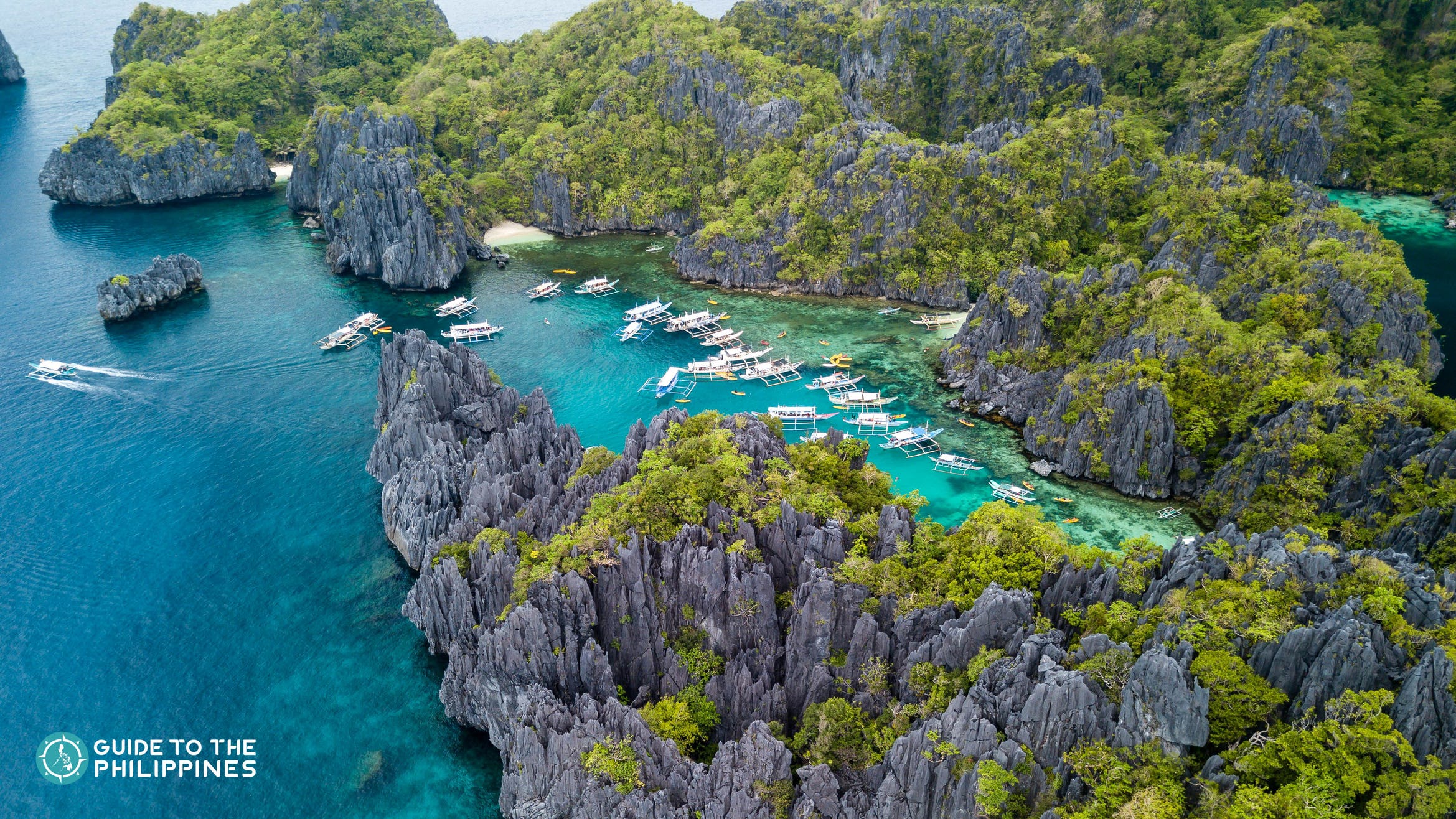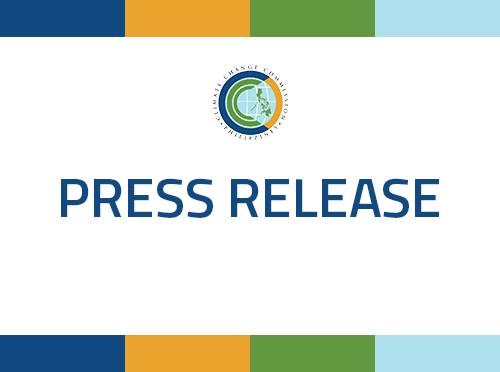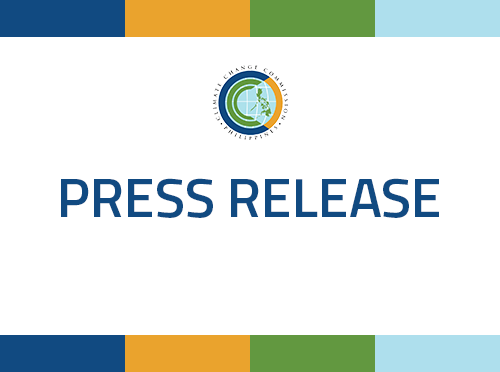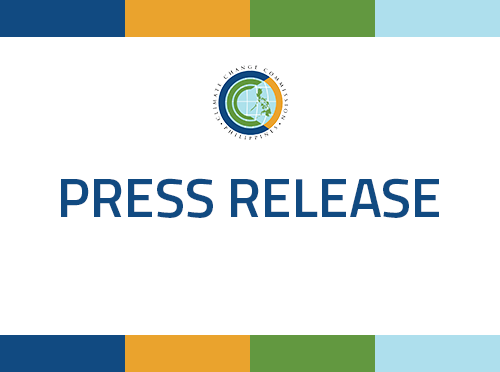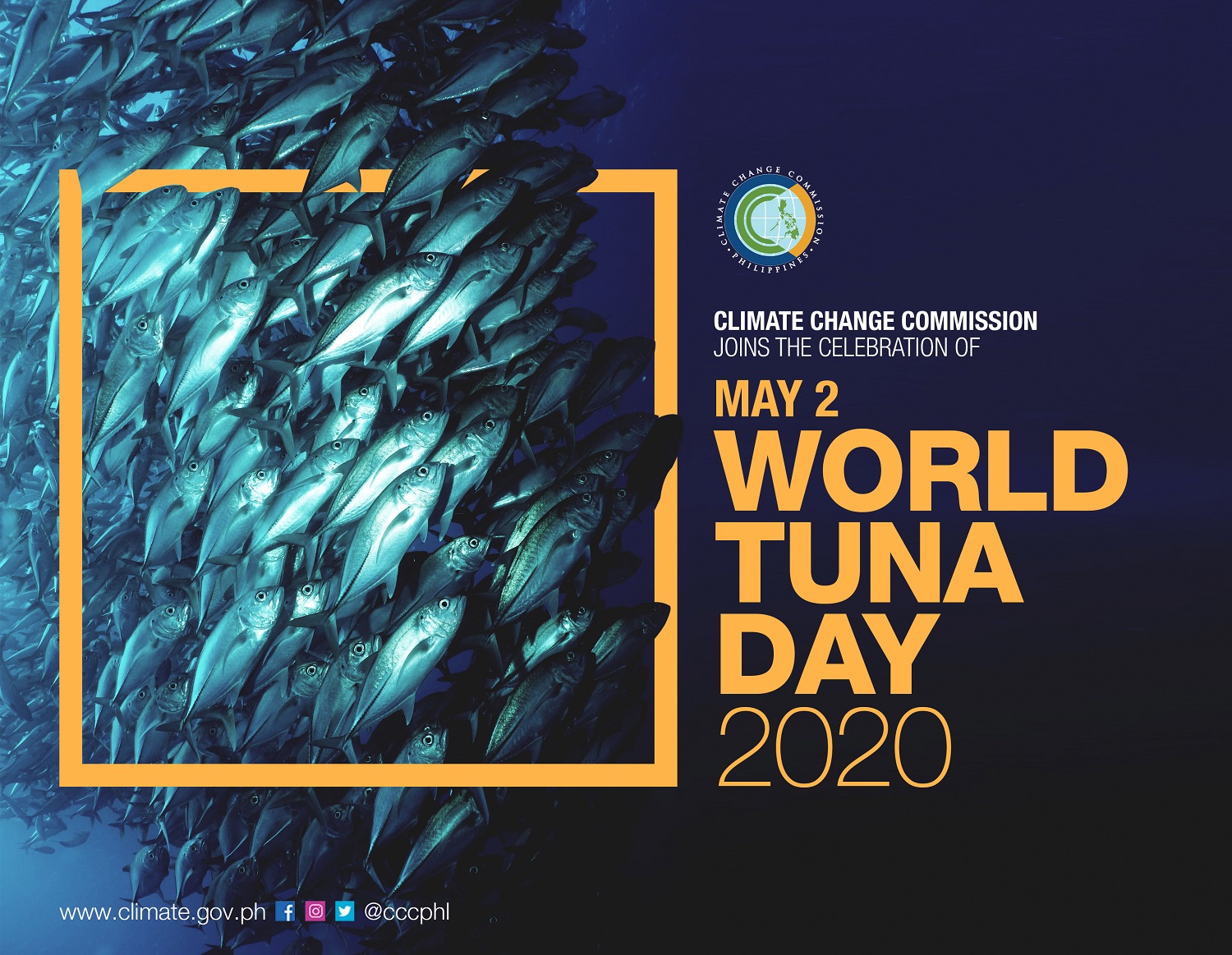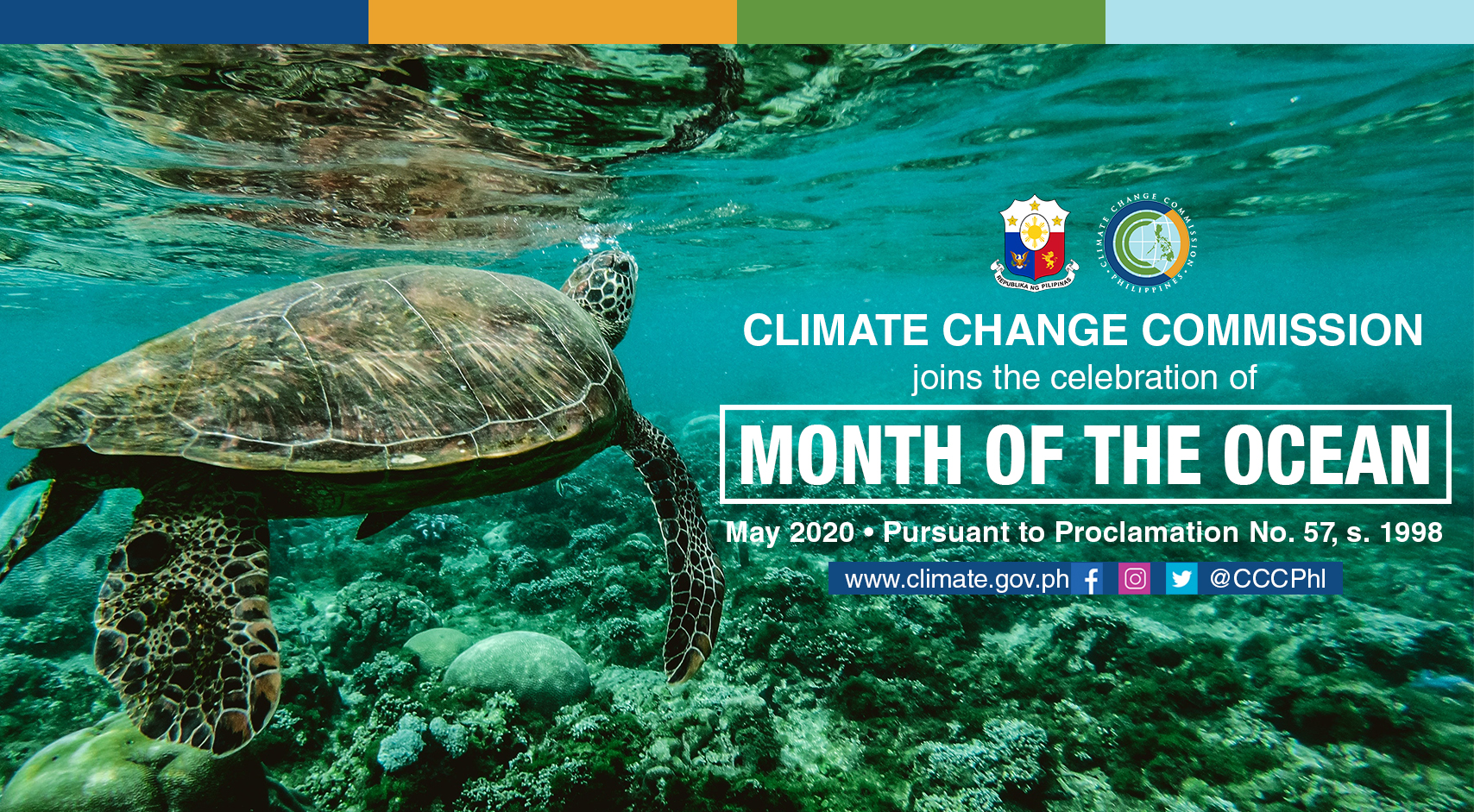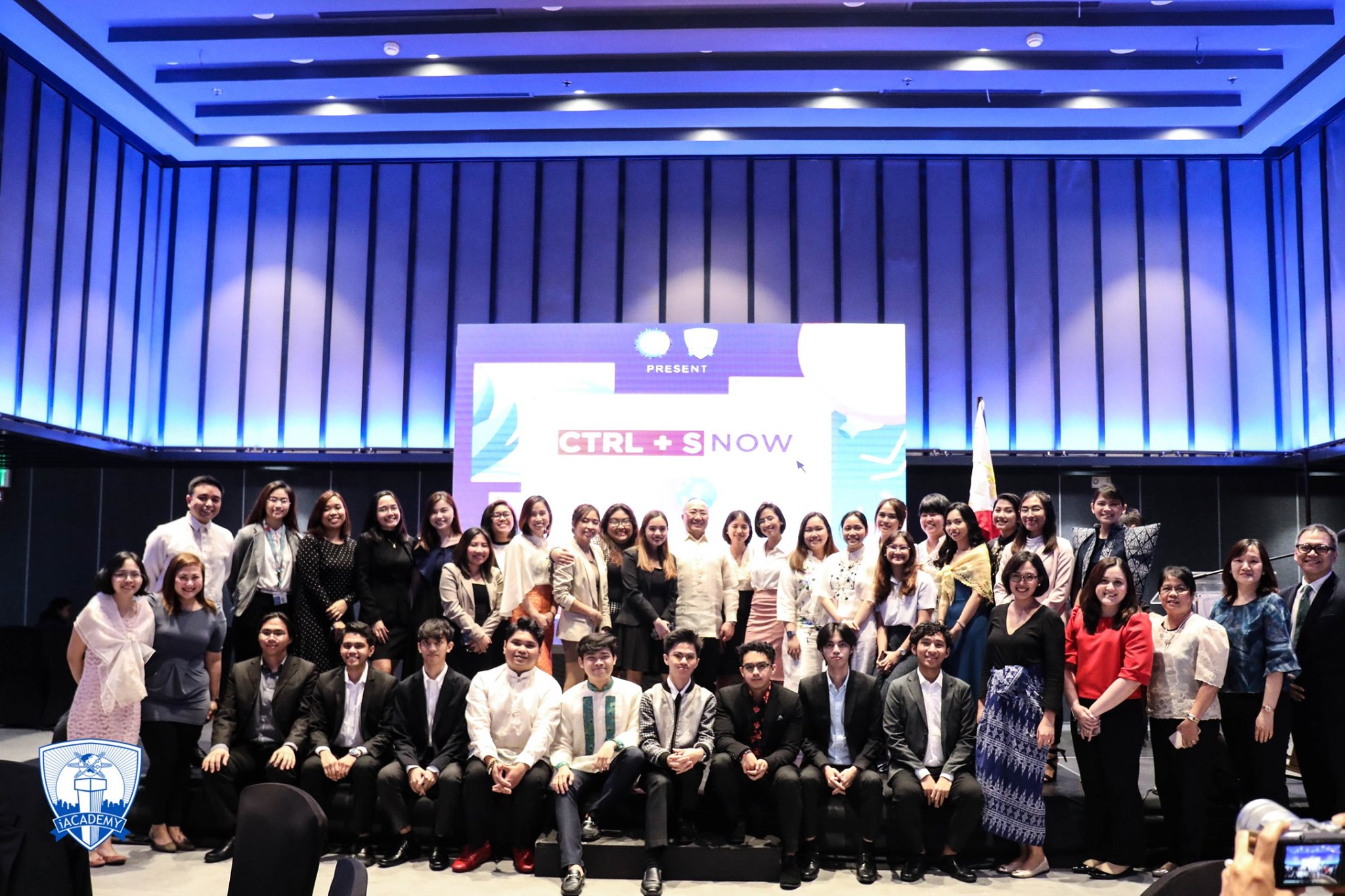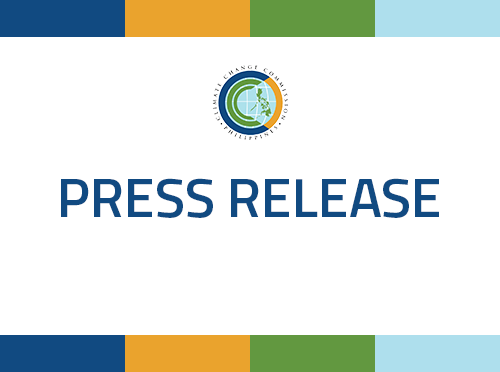May 14, 2020 - To inspire individuals, households, and communities to adopt sustainable practices for a better normal in light of the pandemic and climate crisis, Deputy Speaker and Antique Representative Loren Legarda held her first online discussion of the series “Stories for a Better Normal: Pandemic and Climate Pathways,” a virtual conversation on COVID-19 and the climate emergency.
The series is a partnership with the Climate Change Commission (CCC), with support from the Institute for Climate and Sustainable Cities (ICSC), The Climate Reality Project-Philippines, and Mother Earth Foundation.
In the first episode broadcast earlier today via Facebook Live, Legarda, together with environmental lawyer Ipat Luna, Sonia Mendoza of Mother Earth Foundation, and Red Constantino of ICSC, shared environment and climate-friendly ways to implement at home and in communities, such as installing ecological comfort rooms, conducting backyard farming and edible gardens, implementing ecological solid waste management, and promoting bike sharing for health workers and frontline personnel.
“Everyone can lead sustainable lives at home. We can be climate heroes and ecological warriors of our own lives and in our homes, communities, and barangays. Let us teach and inspire our children to be better citizens of our country and the planet,” said Legarda, who authored several landmark laws for the environment and climate change such as the Clean Air Act, Climate Change Act, People’s Survival Fund Act, and the Ecological Solid Waste Management Act.
Legarda also encouraged everyone to promote safety and sustainability within their households and communities through backyard gardening, waste segregation, recycling, and upcycling.
Mendoza mentioned two zero-waste model communities, Brgy. Potrero in Malabon City and Tacloban City, with a high segregation-at-source compliance rate and waste diversion rate, as she emphasized the importance of first having the right mindset.
“Unang-una, yung pagpapalit ng kanilang kaisipan, na manggagaling sa puso nila ang pangangalaga sa ating Mother Earth. Kapag zero waste ay walang aksaya. Conserve resources. Walang natitira sa plato. Ubusin ang tubig sa baso. Patayin ang ilaw ‘pag hindi kailangan. Gumamit ng baso sa pag-sipilyo ng ngipin. ‘Wag paghalu-haluin ang mga basura. Simpleng bagay na pwedeng gawin araw-araw,” said Mendoza.
Constantino also shared the ICSC’s campaign of promoting bike sharing and donation drives to help health workers and other frontliners to get to work.
“Sa local governments kinakailangan may protected, dedicated bike lanes because, while mass transport is going to be critical to long-term development, in a situation where we have to distance ourselves, which means less seats to occupy, at mas mahaba na pila sa MRT/LRT at sa mga bus at jeep, napakahalaga ng bisikleta. If we have bike lanes that are protected, dedicated, and enforced, mas marami pong magbibisikleta,” said Constantino.
For environmental lawyer Atty. Ipat Luna, more planting of seeds, installation of proper sewerage systems, and the adoption of a circular economy, are key to eliminate wasteful practices and promote continuous use of resources.
“Pakinabangan natin ‘yung mga natutunan natin habang nandito tayo sa mga bahay-bahay natin. Natutunan natin ang konsepto ng oras, na palagi tayo dating nagmamadali. Pero hindi pala mahalaga ang pinagmamadalian. Huwag tayo bumalik sa dati nating nakaugalian. Maging malikhain tayo sa ating mga plano at aksyon,” said Atty. Luna.
As an online discussion to promote good health, environmental and climate-friendly, and sustainable practices, Stories for a Better Normal aims to change the mindset of individuals and families to lead sustainable lives towards a healthier, safer, and much better normal than we used to have.
“Hindi pwedeng bumalik sa dati, kasi kung bumalik sa dati, para nating binalewala ang sakripisyo ng frontliners, ang buhay ng lahat na namatay na doktor at pasyente ng COVID sa Pilipinas at sa buong mundo. Let’s make it worthwhile, let’s show appreciation and gratitude to those who sacrificed their lives and continue to sacrifice now in fighting the war outside of our homes, by learning the lessons and not going back to the previous normal,” Legarda stressed.
“Magkakabit ang COVID at ang pagbabagong klima. They are inextricably linked, because even after COVID there could be many more infectious diseases. If we will follow our laws on the environment, climate change, health, and sanitation, life will be better,” Legarda concluded.
May 13, 2020 Wednesday

